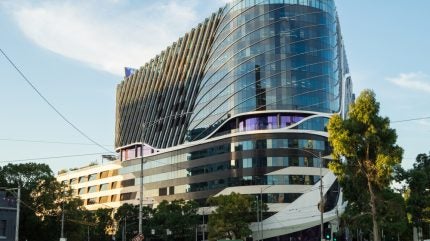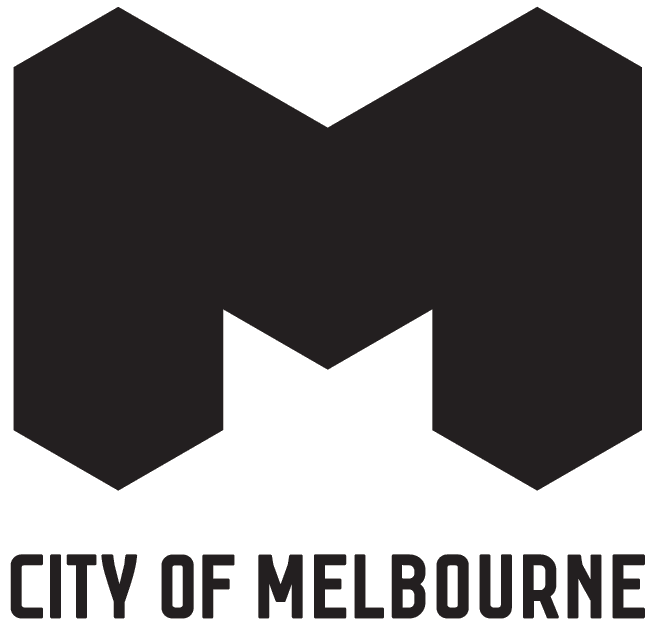
Australia’s life sciences sector has seen rapid growth in the past decade. According to a 2022 report by AusBiotech, the number of biotechnology companies located in the country grew by 40% from 2019. In clinical trials, Australia has become a preferred destination thanks to an efficient regulatory system, ethnically diverse population and generous government tax incentives for international sponsors.
According to GlobalData, there are 3,113 ongoing clinical trials taking place in Australia, with Victoria conducting more studies than any other state in the country. In fact, since 2014, the state of Victoria has invested A$1.3bn in medical research and helped establish more than 100,000 direct and indirect full-time positions in the state’s biotechnology sector.
Victoria is also home to the largest biomedical ecosystem in the country. In fact, the City of Melbourne delivers a remarkable 60% of Australian pharmaceutical exports. Melbourne is a base for 41% of Australian life sciences companies and was ranked as one of the top five life sciences hubs in Asia-Pacific, according to a 2021 report from Coldwell Banker Richard Ellis. Big names with a base in Melbourne include Bristol Myers Squibb, CSL Behring, GSK, IQVIA, Johnson & Johnson Innovation, Pfizer and Thermo Fisher Scientific. The city also hosts a cohort of up-and-coming biotech companies such as Telix Pharmaceuticals, Nutromics and Ena Respiratory.
Melbourne’s strong manufacturing capabilities, logistics networks and world-class academic infrastructure helped to secure this leading position. The University of Melbourne is frequently ranked amongst the best in the world for medicine, while Monash University was recently ranked second in the world for pharmacy and pharmacology two years running.
Meanwhile, one of the world’s leading biomedical clusters, the Melbourne Biomedical Precinct (MBP), can be found just outside of the city’s central business district. Renowned for its cutting-edge research discoveries, the MBP provides local life sciences companies with access to world-class institutions, talent and research infrastructure. Further potential comes from the Aikenhead Centre for Medical Discovery. Located at St Vincent’s Hospital Melbourne, this collaborative biomedical engineering centre unites clinicians, academics, and industry partners for the development of novel medtech, biotech and digital health technologies.
Foreign investment in Melbourne life sciences
In recent years, Melbourne’s life sciences sector has thrived on a concentration of FDI. The year 2022 was particularly strong for FDI, with two messenger RNA (mRNA) giants, Moderna and BioNTech, announcing plans to establish manufacturing operations in the city. In December 2023, BioNTech and the state of Victoria signed an agreement to research, develop and manufacture new mRNA oncology treatments, with the aim of treating up to 4,000 patients in the region over the next decade. To support this mission, the German company is now building a research and clinical-stage manufacturing site on La Trobe University’s Melbourne campus in Bundoora.
Meanwhile, Moderna is working closely with Melbourne’s Monash University to drive advancements in mRNA medicines. The US-based company broke ground on a new manufacturing site in the Monash Technology Precinct of the university’s Clayton campus, marking Moderna’s first manufacturing facility in the Southern Hemisphere and the first to be located within a university campus. Expected to open in 2024, the site will produce up to 100 million vaccine doses a year.
Over recent years, a range of international life sciences companies have opened new facilities in Melbourne. Pennsylvania-based Colorcon unveiled a new technical service laboratory in the Caribbean Business Park in June 2020, offering Victoria’s pharmaceutical and nutrition companies access to expert tablet formulation and coating services. Located in Scoresby, the park is the largest business precinct outside of the central business district.
The arrival of Antengene, which opened its first Australian office in 2022, was an additional boost to Melbourne’s biotech scene. Headquartered in China, the commercial-stage company is focused on the development of novel treatments for hematologic malignancies and solid tumours, with a pipeline of nine oncology programmes. Its lead asset, Selinexor, has been approved in the US, EU, China, Australia and Singapore.
Melbourne has also seen a steady stream of healthcare FDI over the past few years. This includes new branch openings for British companies Illingworth Research (a provider of mobile research nursing services for clinical trials) and the Medical Mediation Foundation, which chose Melbourne for its first overseas base. In addition, Singaporean health technology start-up Homage picked Melbourne for its Australian headquarters. The company combines curated care professionals with technology to provide on-demand home care services to seniors and adults.
As the value of Melbourne’s life sciences ecosystem continues to strengthen, more and more innovative companies are expected to set up operations in the city over the coming years. With a dedicated team of experienced advisers, Invest Melbourne is primed to support your team by providing guidance, connections, business market entry and business case validation, access to talent and insights about the city.


